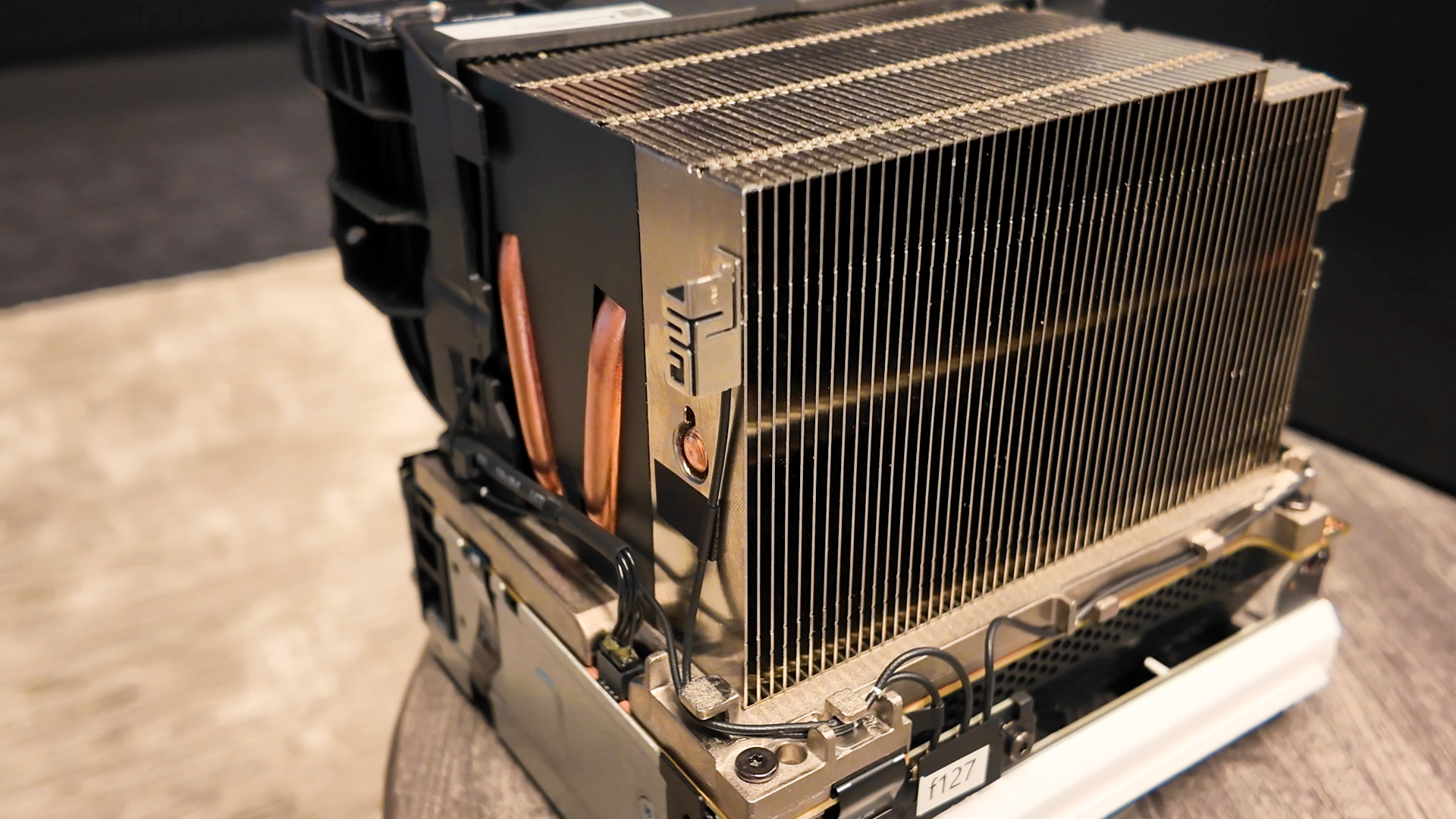We reported recently on Valve’s indication that the Steam Machine will be priced like a PC, not a console. Valve has since confirmed that it does not plan to sell the Steam Machine at a loss, which is a reasonably common console play, the idea being to get people using a given platform and then make money on game sales.
Could that—even, should that—model apply to the Steam Machine? The publishing director of Larian Studios, the outfit behind Baldur’s Gate 3 among other high-profile games, clearly thinks so.
I know subsidising hardware is unfashionable now but surely they’re losing far more than a ~200$ difference by not having people on the storefront, which is essentially a money printing machine. That said it isn’t stupid to not sell things at a loss, just peculiar in this case. https://t.co/9J3Y4EXoq9November 23, 2025
News that the Steam Machine won’t be subsidised was enough to have Michael Douse commenting on X. “I know subsidising hardware is unfashionable now but surely they’re losing far more than a ~200$ difference by not having people on the storefront, which is essentially a money printing machine. That said it isn’t stupid to not sell things at a loss, just peculiar in this case,” Douse said.
In other words, Douse thinks the money Valve would lose selling the Steam Machine at a $200 loss per unit would be more than made up by the money Steam Machine owners then spend on the Steam gaming platform.
Taken at face value, Douse has a point. Selling hardware at a loss in order to make money on some kind of software or subscription service is a common enough practice. As mentioned above, that applies to games consoles. And isn’t the Steam Machine a games console?

Up to a point, absolutely, yes. But it’s also a PC that could be used for pretty much any PC task. Likely, it will be no problem to install a totally different operating system on the Steam Machine and not use any Valve services or software at all.
In that scenario, Valve will have subsidised the hardware for nothing. Of course, it’s hard to say how many people would actually go out and buy a cheap Steam Machine to do non-Steam-based things with it. But it would certainly be some. If the Steam Machine was really cheap, no doubt Valve would end up having to put measures in place to stop businesses buying the things en masse to deploy for work use.
If that’s likely the most obvious impediment to a subsidised Steam Machine, it’s also worth noting that Valve isn’t quite like other companies. As some have observed in response to Douse’s post on X, Valve may simply not be all that “desperate” to grow the Steam user base via a subsidised box.
Likewise, perhaps Valve only wants its hardware business to grow to a certain scale rather than becoming a huge global operation as per Sony and Microsoft’s console businesses. Long story short, maybe Valve is OK with the Steam Machine remaining relatively niche.



It’s interesting to see Valve’s approach to the Steam Machine pricing. It certainly raises some thought-provoking points about the gaming hardware market. Looking forward to seeing how this decision plays out!
Absolutely, Valve’s strategy does prompt a lot of questions about market positioning. It seems like they’re trying to appeal to PC gamers who value performance over just lower prices. It’ll be intriguing to see how this impacts their competitiveness in the long run.